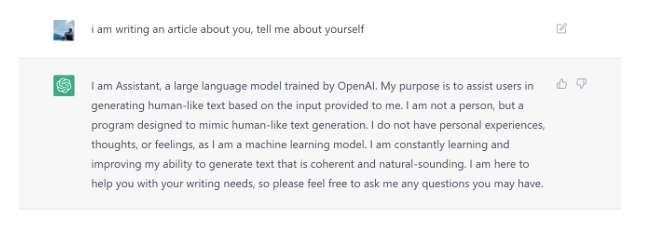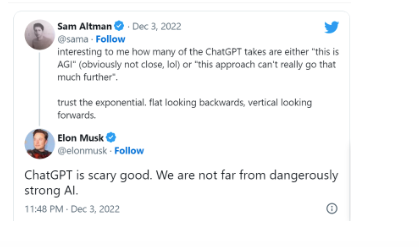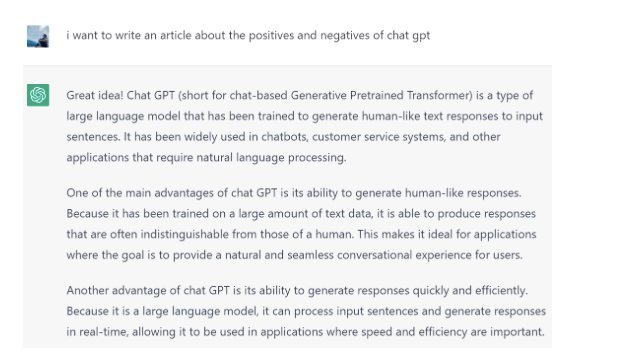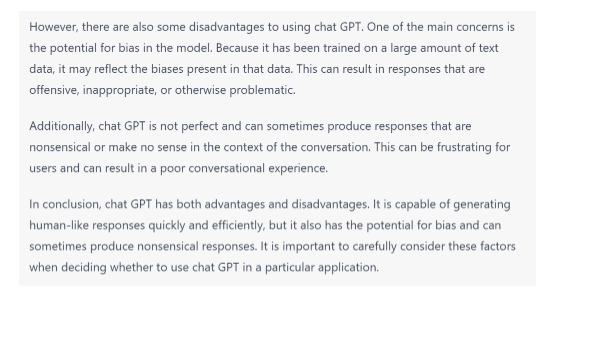Chat gpt: A new revolution?, By HMD’s Michelle Saddy
I must say we have lived a few life-changing moments in history when it comes to technology. Google, in my opinion, is the greatest invention of our lifetime. I keep wondering how we lived without Google and Youtube? And then came the iPhone moment, where the Smartphone era transcended into a continuous life-changing epoch. They were revolutionary and life-changing moments in our history.
Is ChatGPT the newest form of revolution? ChatGPT, a sophisticated artificial intelligence system, made by the Microsoft Corp.-backed OpenAI, that responds to complex queries with the appearance of striking intelligence and accuracy — brings the feeling that we are about to enter a new era of tech back.
I have been playing around with it for the past couple of days and I am mind blown! Let’s make an introduction here, let ChatGPT tell you about itself:

OpenAI’s ChatGPT, a chatbot launched by the artificial intelligence (AI) research laboratory on November 30, crossed the 1 million user-mark on Monday, according to Sam Altman, CEO, OpenAI.
ChatGPT isn’t limited to English. Not only can it handle other spoken languages, but it can also write code snippets too. Code snippets that actually work.
Elon Musk thinks it’s “scary good”:

ChatGPT is, by far, the best chatbot in the world. It can write essays and poetry. It can find great prompts for AI art models. It can roleplay. It can write code, find a bug, explain it, solve it, and explain the solution
Essays are dead!
Will students ever need to write essays again when AI apps can write a full-length essay for you within less than a minute?
LMs (language modelling) could actually be the first real threat Google has faced in 20 years.
Yet, if we analyse the differences between search engines and LMs, we realize they don’t overlap perfectly.
On the one hand, search engines are rigid. They just go into the internet to find websites and show you a list of links that approximately gives you what you’re looking for — that’s basically the simplest form of internet search. But, on the other hand, they’re reliable. You know they won’t make things up. (Google search, like all others, is biased and may show you fake news, but you can check the sources, which is critical here.)
ChatGPT is much more flexible, but, because its objective isn’t to be factual or truthful, it can make up information as easily as it can give you an amazing, highly convoluted, and precise answer. You never know which one will be a priori and may have a hard time checking afterward (ChatGPT doesn’t give you sources and, if you ask, it could make those up anyway).
That said, I don’t think the search engine will survive LMs. Time runs against them — while search engine tech isn’t advancing at all, LMs develop at the speed of light.
If there’s something we should take away from ChatGPT’s superb capabilities is that we’re inevitably approaching this reality.
One a more fun note, I asked ChatGPT to write an article on its’ positives and benefits, here is the self-proclaimed review:







